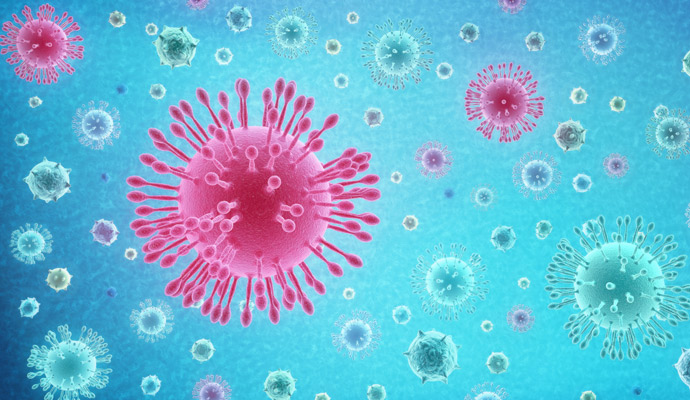FDA Authorizes Additional COVID-19 Testing in New York
Last week, the FDA took two significant steps to address the outbreak by giving New York COVID-19 testing flexibility.

Source: Getty Images
- With COVID-19 continuously spreading throughout the US, the FDA took two major actions to address the virus and enhance its ongoing commitment to the public, according to a recent press release.
For more coronavirus updates, visit our resource page, updated twice daily by Xtelligent Healthcare Media.
First, the FDA is not objecting to the New York State Department of Health (NYSDOH) authorizing certain laboratories in New York to begin patient testing after validating their tests and notifying NYSDOH. The labs will provide validation data to NYSDOH within 15 days in lieu of pursuing an Emergency Use Authorization (EUA) with FDA.
Additionally, the FDA authorized the Roche cobas SARS-CoV-2 Test, the third Emergency Use Authorization (EUA) granted for a diagnostic test during the COVID-19 outbreak. This authorization came 24 hours after receiving the application.
“These actions today show our commitment to working around the clock to help expedite the availability of tests. This NYSDOH action shows the FDA’s extreme flexibility and adaptability during times of public health emergencies,” FDA Commissioner Stephen M. Hahn, MD, said in the press release.
“As a practical matter, what this action means is that labs, authorized by NYSDOH, will not engage with FDA to begin patient testing. Nor will they get an Emergency Use Authorization from the FDA. These labs will interact solely with the NYSDOH, which should expedite the availability of patient testing in New York State. This action demonstrates FDA’s responsiveness to the needs of our country during this time.”
With the increased urgency from the public during this time, the FDA is granting this flexibility to NYSDOH to ensure additional testing capacity.
But the FDA weighed several important factors before moving forward with its decisions. Firstly, the NYSDOH has a long-established framework in place for oversight of laboratory-developed tests in New York State. The agency had also accredited Wadsworth as a third-party reviewer for certain molecular tests prior to the authorization, the press release highlighted.
The FDA’s authorization of the SARS-CoV-2 test is the first commercially distributed diagnostic test to receive an EUA during the COVID-19 outbreak. The FDA did not object to Roche pre-positioning its tests to expedite access to the SARS-CoV-2 test to ensure labs are ready to initiate testing immediately.
The pre-positioning allows laboratories to run tests on Roche’s high-volume platform in a quick and efficient manner, which will significantly increase the national testing capacity.
“We have been encouraging test developers to come to the FDA and work with us,” said Jeff Shuren, MD, JD, director of the FDA’s center for devices and radiological health. “Since the beginning of this outbreak, more than 60 developers have sought our assistance with development and validation of tests they plan to bring through the Emergency Use Authorization process. Additionally, more than 30 laboratories have notified us they are testing or intent to begin testing soon under our new policy for laboratory-developed tests for this emergency.”
Researchers are working around the clock to develop potential vaccines and treatments for COVID-19, which shows no signs of stopping around the world.
At the beginning of March, researchers at the University of Alberta found that Remdesivir, which was effective in treating MERS and SARS, may be effective in treating patients with COVID-19.
“We know the drug works against different coronavirus, like MERS and SARS, and we know the novel coronavirus is very similar to SARS. So I would say I’m cautiously optimistic that the results our team found with remdesivir and MERS will be similar with COVID-19,” said Mattias Gotte, a virologist.
Remdesivir is a broad-spectrum antiviral treatment developed by Gilead Sciences back in 2013 to treat Ebola. It was first used on a patient earlier this year on his seventh day of COVID-19. He showed improvement the following day, and then the symptoms eventually disappeared altogether.
Experts said the next step was to wait for the clinical trial results, expected at the end of April.
